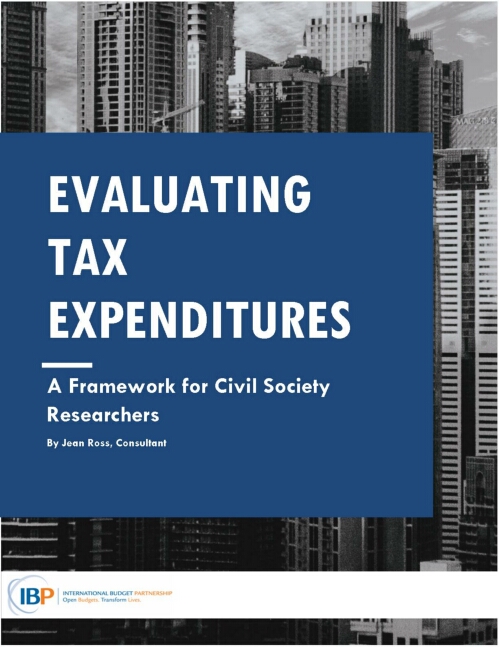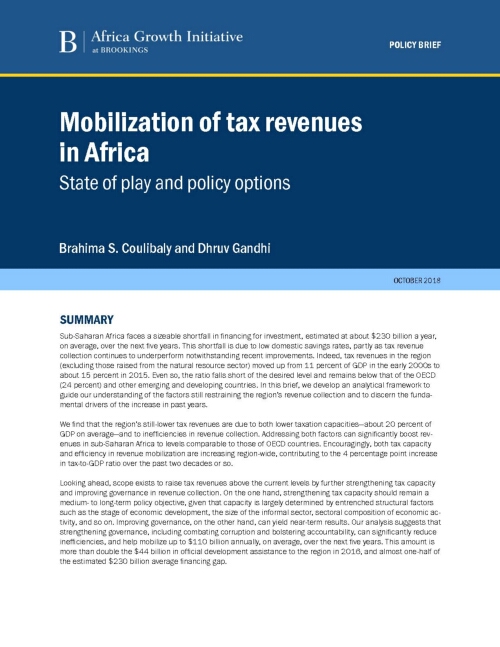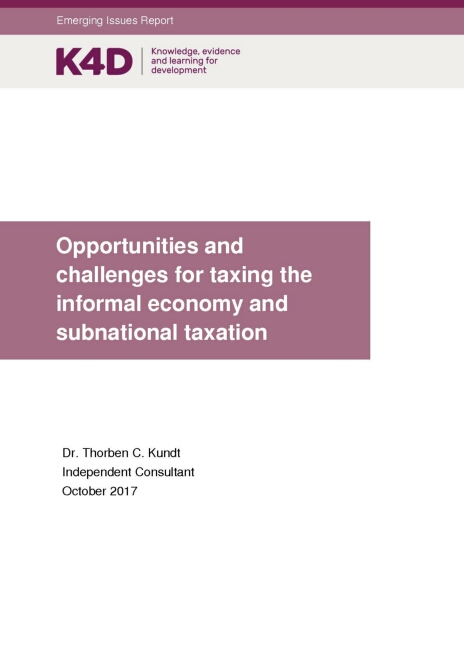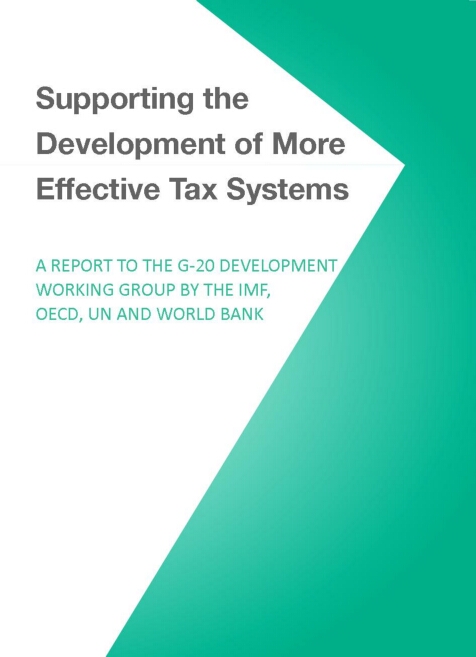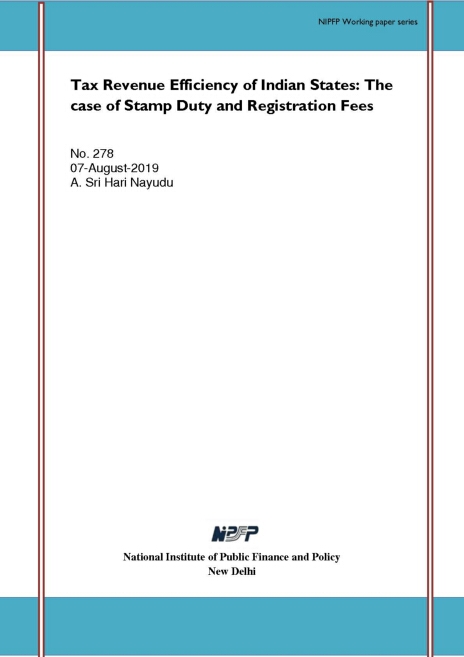Evaluating Tax Expenditures: A Framework For Civil Society Researchers
- Jean Ross
- Jun 2018
- International Budget Partnership (IBP)
- International
Governments raise revenues by imposing taxes on income, wealth or activities such as consumption or telecommunications. Tax expenditures are provisions that reduce the amount of revenue that is collected by providing special treatment to a particular class of individuals, type of income, industry or activity. This type of special treatment provided through the tax code is called a 'Tax expenditure' to make the point that the economic impact — the transfer of public resources for a particular activity or purpose — is conceptually equivalent to direct spending through the budget. This paper provides a guide to assessing a country’s overall framework for establishing, reporting on, and evaluating tax expenditures using criteria that characterize a good tax system: transparency, accountability, equity, efficiency, and adequacy.
